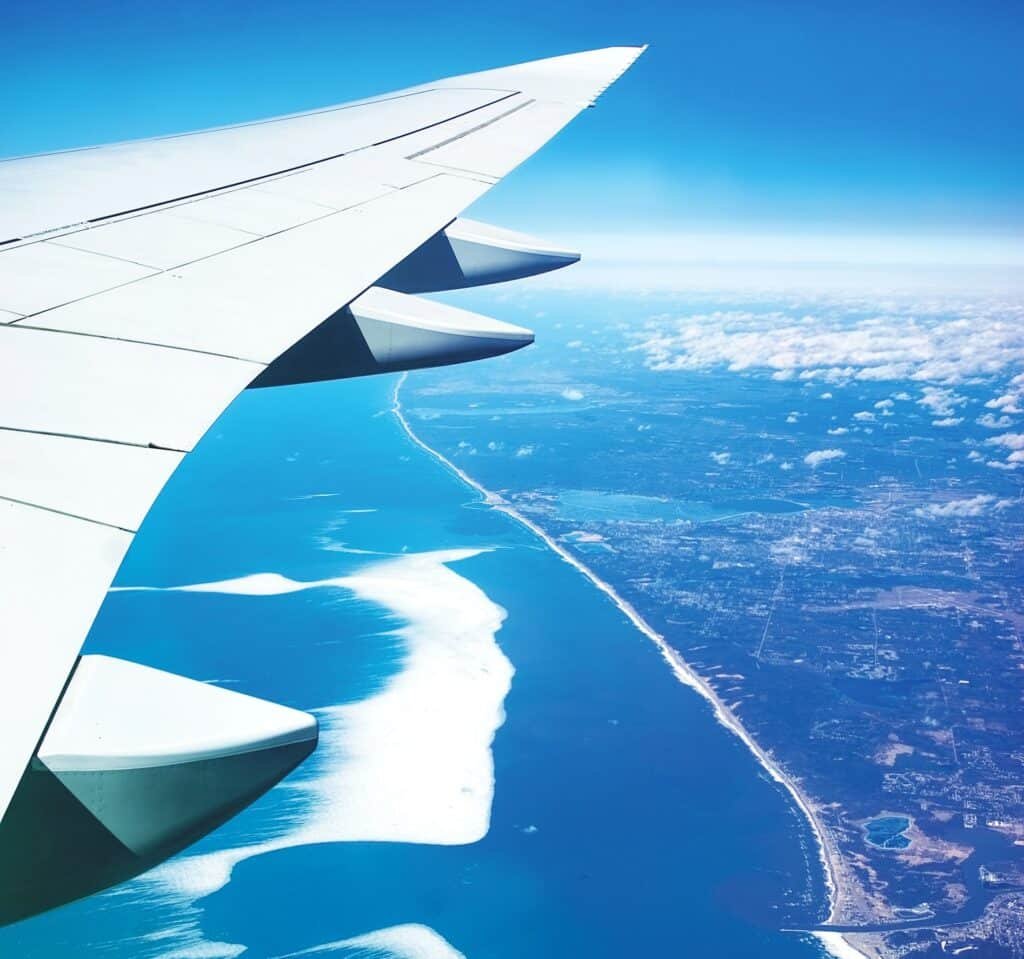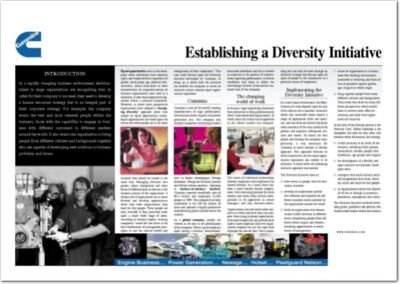
Bhanu Choudhrie was recently interviewed on Malcolm Gallagher’s “Meet the Leader” show, which airs on BizVision regularly.
The interview with Alpha Aviation Group’s founder covered many aspects of business and aviation, but one single theme carried through many of Bhanu’s responses: innovation.
When Malcolm Gallagher asked Bhanu for parting advice to leave business leaders with right now, innovation and responsible risk-taking were at the heart of Bhanu’s response.
“Well, at a time of crisis, it is very important to take calculated risks. There are opportunities, create them. Take what steps you need to take.”
He continued to note how important employees are, but this calculated risk-taking was the essence of his advice.
Throughout the interview, it’s also clear that calculated risk-taking and innovation are the keys to Alpha Aviation Group’s success.
Seeing a Need to Train Budget-Airline Pilots
Alpha Aviation Group was founded in 2006 to help train pilots for budget airlines, which are an often-overlooked part of the airline industry.
While the major carriers have developed substantial pilot-training programs, the regional budget airlines don’t have these programs in place.
Bhanu and his team identified this need that wasn’t being met, and they created Alpha Aviation specifically to meet it.
Alpha Aviation specifically trains pilots through a cost-effective yet comprehensive method for working with budget airlines.
Other pilot-training companies haven’t managed to do this as well as Alpha Aviation has, largely because this segment is simply overlooked within the industry.
Even in light of the COVID-19 pandemic, Bhanu remained focused on budget airlines throughout the industry. Specifically, he was critical of the government’s willingness to help large carriers while they overlook the smaller budget airlines.
In his opinion, “It cannot be the largest get saved and the smallest are left to die. That is not the right approach. I think, if there is a program, the program should be extended to everybody.”
The same passion that initially led Bhanu to help budget airlines with their training needs can also be heard in his advocation for these airlines with this comment.
Reducing Flight Hours During Training
In order to effectively serve the budget airlines, Alpha Aviation Group had to innovate in a way that the company could allow cadets to reduce flight hours during training. Flight hours for pilots are, of course, one of the most expensive parts of their training.
Alpha Aviation managed to effectively do this without sacrificing safety through the use of simulators. Today, the company has 11 simulators based in the Philippines, United Arab Emirates and other places.
The most recent acquisition was an Airbus A320 2.0 simulator, which is the first of its kind in the Philippines.
By increasing the use of simulators, Alpha Aviation was able to effectively reduce in-training flight time from 230 hours to 70 hours.
This not only greatly reduced the cost of training for budget airlines, but it also sped up the training process.
Cadets no longer needed to spend the 5-plus years that it normally took to become a licensed pilot, but they could now be licensed within 18 to 24 months.
Importantly, this program also didn’t sacrifice safety. Cadets still went through all of the steps that all trainee pilots go through.
Alpha Aviation simply structured the coursework in a more efficient manner and reduced time between practice flights by using those simulators.
Adapting for Today’s Technologically Advanced Airplanes
In some respects, the simulator-heavy training that Alpha Aviation provides actually better prepares cadets to safely fly the technologically advanced planes that airlines have today.
The traditional training program that requires 5-plus years of practice hasn’t been significantly revised since World War II.
The post-WWII method was to have pilots begin in small planes, move to cargo planes and eventually fly for airlines. While this was effective at the time, such a method wouldn’t expose pilots to the many advanced technologies that airline planes have today.
Instead, using simulators gives pilots directly exposes them to the various technologies that they’ll have to use when flying for an airline.
By the time they actually take off on their first commercial flight, they’ll have spent hours in a simulator with identical or near-identical equipment. The technology they need to know won’t seem foreign.
Innovating with Regulators During COVID-19
Since COVID-19 struck, Alpha Aviation Group has continued to innovate in light of the pandemic by using simulators and remote learning solutions.
This has required close collaboration with regulators as Alpha Aviation has worked out what parts of training can be done remotely and how to best set up remote solutions.
Bhanu Choudhrie noted that this wasn’t yet a permanent shift in the industry but only a short-term solution in light of the pandemic.
He expressed hope that the entire industry would eventually move more in this direction, though. “I think regulators will see the merit of it and allow training providers like ourselves to continue this long term, which would greatly benefit the industry.”
In an industry that’s sometimes slow to adopt change (e.g., not revising training significantly since WWII), perhaps COVID-19 will accelerate innovation.
If it does lead to changes in the training of pilots, Alpha Aviation will undoubtedly be at the centre of that shift.
Collaborating with Other Companies
At every stage of Alpha Aviation Group’s growth, Bhanu made it clear that collaboration was an essential part of the company’s innovation.
The company wouldn’t be able to effectively train pilots for budget airlines if Alpha Aviation didn’t actively partner with those airlines.
Even now, Alpha Aviation continues to actively seek out partnerships. Recently, the company announced a new effort in Cambodia.
Addressing the current state of the airline industry, Bhanu also expressed the importance of collaboration and the lack of it in many areas. He commented, “I think there needs to be more collaboration between governments and airlines.
We have seen, during this COVID-19 issue, airlines pulling in one direction, governments pulling in another direction”
Moving Forward Safely with Innovation
In summary, Bhanu had criticisms, suggestions and hopes for how the aviation industry and governments have handled the COVID-19 pandemic.
Through his explanation of Alpha Aviation Group’s stages, he demonstrated what can be accomplished with innovation.
His optimism that the industry and governments can collaborate to create new solutions shows potential for a positive future in the airline industry.
In all of this, however, Bhanu’s very final comment in the interview must always be given the first priority. His final two sentences were “And, what I say to everyone, be safe.
That’s the most important thing right now.” Coming from the leader of a pilot training company that must always emphasize safety, those are words that everyone should take to heart now.
Innovation will lead the way to the future, but it must not be rushed at the expense of people’s safety.
 Establishing a diversity initiative (PDF)
Establishing a diversity initiative (PDF) 